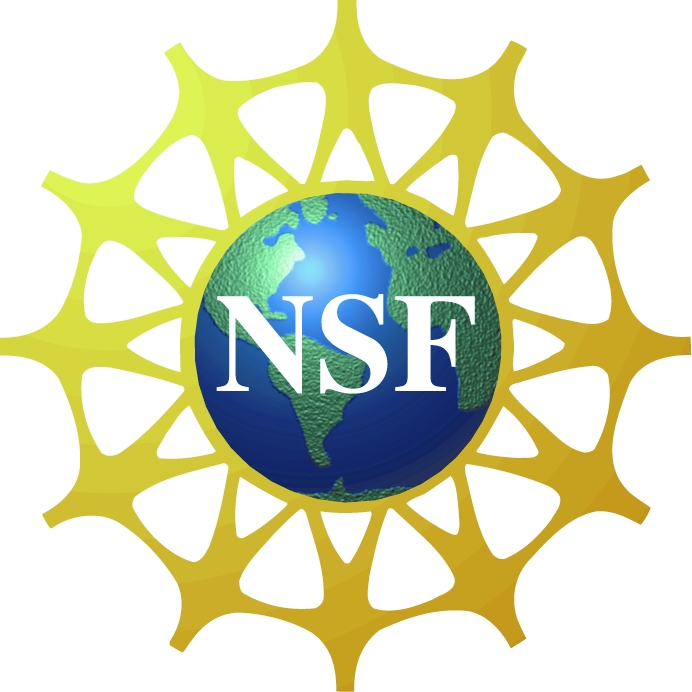Main Page
Geospace Environment Modeling (GEM) 
Geospace Environment Modeling (GEM) is a broad-based, community-initiated research program on the physics of the Earth's magnetosphere and the coupling of the magnetosphere to the atmosphere and to the solar wind. The purpose of the GEM program is to support basic research into the dynamical and structural properties of geospace, leading to the construction of a global Geospace General Circulation Model (GGCM) with predictive capability. This GGCM model will be modularized and will complement parallel developments of magnetohydrodynamic models. The strategy for achieving GEM goals is to undertake a series of campaigns and focus groups, in both theory and observational modes, each focusing on particular aspects of the geospace environment.
The Geospace Environment Modeling (GEM) program is sponsored by National Science Foundation (NSF) Division of Atmospheric and Geospace Sciences.
What's New
- The 2017 GEM Summer Workshop will be held in Portsmouth, Virginia during June 18-23, 2017. Information about the Workshop can be found at the GEM Workshop website at Virginia Tech.
- Two new Focus Groups are selected to start in Summer 2017:
- Magnetotail dipolarization and its effects on the inner magnetosphere (Leaders: Christine Gabrielse, Matina Gkioulidou, Slava Merkin, and Drew Turner)
- 3D ionospheric electrodynamics and its impact on the Magnetosphere–Ionosphere–Thermosphere coupled system (Leaders: Hyunju Connor, Haje Korth, Gang Lu, and Bin Zhang)
- The 2016 GEM mini-workshop was held at Holiday Inn Golden Gateway in San Francisco on Sunday, December 11 before the Fall AGU Meeting.
Acknowledgment and Disclaimer
This GemWiki site is based upon work supported by the National Science Foundation under Grant AGS-1405565. Any opinions, findings and conclusions or recommendations expressed at this web site are those of the authors and do not necessarily reflect the views of the National Science Foundation (NSF). Comments about this website can be e-mailed to the GEM Communications Coordinator at gemeditor [at] igpp.ucla.edu.